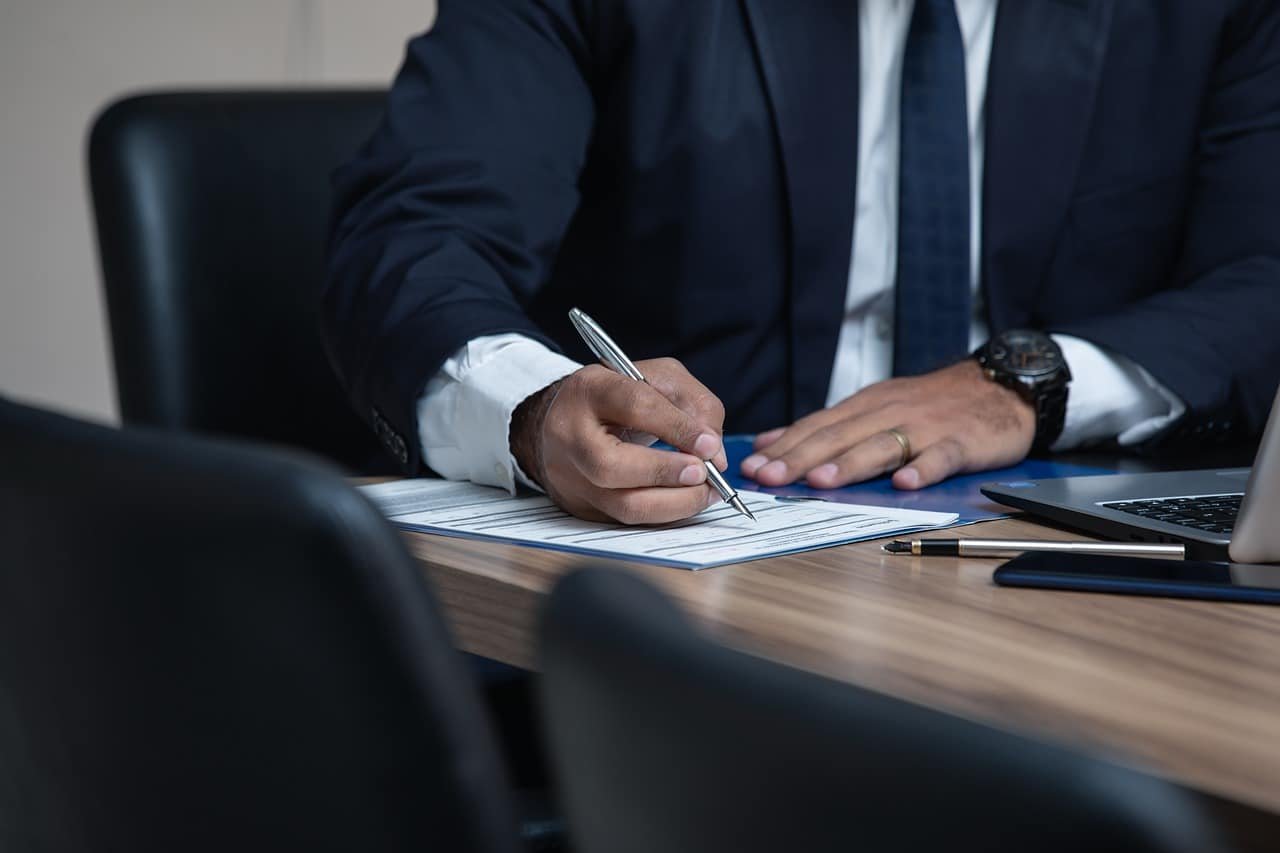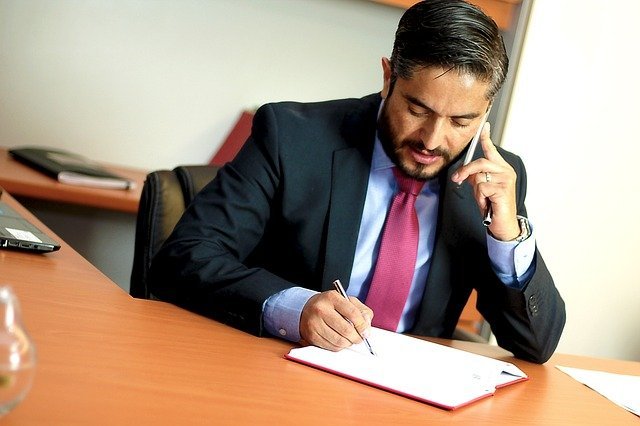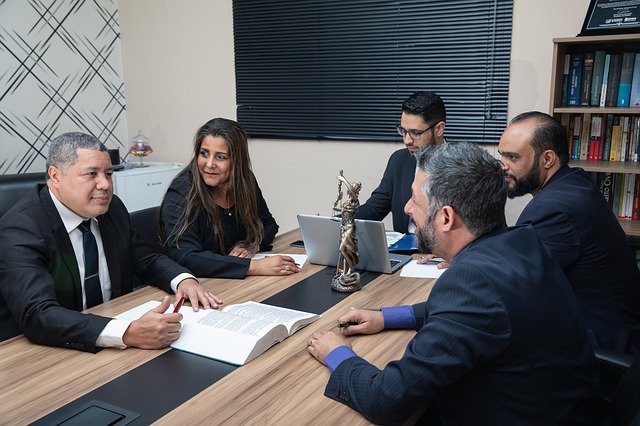What evidence to gather after an accident?
Personal injuries are all those damages or illnesses generated by a person, product of negligence. This legal term covers not only wounds, abrasions, bruises, contusions, fractures, dislocations, burns, but all negative changes generated in health that cause damage leaving visual evidence in the victim’s body and that are caused by an external agent. In this section, we want to inform and advise you about: What evidence to gather after an accident? Whether personal or labor or any other type of accident, so that you do not lose the compensation you are entitled to.
What are common personal accidents?
There are different types of common accidents that are caused intentionally, due to a person’s negligence or recklessness. Personal injury law addresses any type of person and any type of injury. The most common causes of personal injury that may allow the victim to sue include:
- Motor vehicle accidents
- Slip or trip and fall (liquids, snow and ice)
- Slip or trip and fall (hazardous conditions on property) other than liquids, snow and ice
- Premises liability
- Construction site accidents, negligence, New York Labor Law
- Sections 240 & 241
- Dram Shop Law (liquor sales liability)
- Medical malpractice
- Products liability accidents
- Police misconduct
- Wrongful death or wrongful death
- Assault
- Assault/assault
- Infliction of emotional distress
- False accusations-Defamation of character by libel or slander
What to do after a personal accident?
When a natural person is the victim of an accident of any of the types mentioned above, he or she probably wonders what to do. Here is what you can do when you have a personal accident.
Search for help
First, seek medical help for any of your injuries, even if they don’t seem that serious. Your safety as a natural person is most important. The doctor, or treating person, will help you diagnose and treat any injuries you may have sustained, so that you can get better as quickly as possible. In addition to the benefits that going to the doctor can generate, this allows you in the legal field to document or record the diagnoses resulting from an accident. All documents resulting from such an accident should have a copy that can be presented later in court.
Collect information
Second, take pictures of the events that occurred. Although it seems somewhat impossible, taking photographs moments after the accident is essential, since these photographs can show who was responsible, how the accident occurred and where it took place. However, we must be careful when photographing the injuries of the injured party, since these are responsible for a judge in court to determine how serious the case is.
Trying to find responsible parties
Third, take note of the circumstances surrounding the injury. This makes it possible to determine those responsible for the injury and possible witnesses present in the vicinity. This is important when the trial occurs long after the accident has occurred.
Contact a lawyer you trust
Finally, consult with a personal injury attorney about the accident that occurred. After an accident occurs, it is important to discuss the accident with the attorney who can discuss the details of the injuries that have occurred, and the attorney will determine what type of claim, if any, to pursue. The attorney will determine what type of claim, if any, is viable and will develop a strategy and investigate the case.



What evidence to gather after an accident?
When presenting a case before a judge, it is important to gather as much information as possible regarding the accident that occurred. Evidence is a key role for a personal injury attorney, as it will allow the attorney to determine how the case will proceed. The most important pieces of evidence to gather are photos and videos of the wreckage of the case (this includes injuries, photos of the scene, among others). However, even if evidence is present, it is important that the investigation of the accident begin as soon as possible, as the police or attorneys representing the injured party may misinterpret the evidence.
However, if evidence is not recovered soon after the accident, it should be noted that a personal injury attorney can quickly gather evidence. The attorney’s evidence may even go beyond his or her own, he or she may attempt to seek evidence outside of the time of the accident, such as videos from cameras present in establishments, witnesses, among others.
In addition, contacting the tortfeasor is also of great importance since he/she may try to settle the case, or propose to help in whatever is needed. Asking about the type of insurance, the conditions of the driver, among others, is important information when an accident occurs.
Time limit in which to report the accident (so as not to lose the opportunity for compensation)
Any type of accident that causes an injury or illness must be reported by the injured party or their respective attorney to the Professional Risk Management Entity (ARP) and to the health promoting entity (EPS) within the following 2 working days (48 hours) consecutively in each entity. The employees belonging to each institution must make the report within the following 2 days after having been notified.
How a personal injury lawyer can help me?
Although the injured party or family members are those who know the most about what happened, a personal injury attorney can help those who have been victims of an accident recover financial compensation (i.e., money to cover medical expenses, doctor’s visits, lost work, etc.).
In addition, with the help of a power of attorney, the attorney can take charge of the case without the injured party having to be present in court or other places where he/she must go after an accident. In this way, the attorney will take care of all the details related to your accident, such as talking to insurance companies or opposing counsel. Last but not least, it can allow you to win your case in front of a judge.
